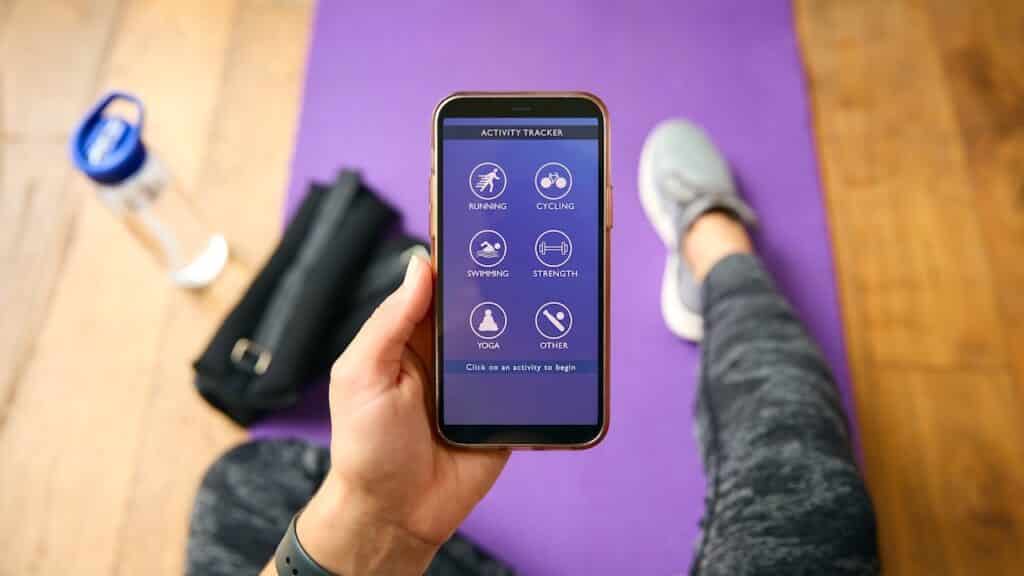Users say features vanished unless they paid extra — and now a class action investigation aims to hold the companies accountable.

Were you asked to pay additional subscription fees to keep key features on your NordicTrack treadmill with iFit or Echelon smart home gym? You may qualify to join a potential class action lawsuit. Fill out the form now to verify your eligibility.
Many fitness equipment owners are discovering the hard way that the products they bought aren’t truly theirs. After spending hundreds or even thousands on connected treadmills and smart bikes, they’ve watched promised features disappear behind new subscription fees — or stop working entirely.
These practices, known as software tethering or device bricking, may violate consumer protection laws, and consumers are fighting back. If you experienced these issues with your Echelon smart home gym or NordicTrack treadmill with iFit, you may be eligible to take action.
Do you qualify?
You may qualify if:
- You purchased an Echelon home gym or NordicTrack treadmill with iFit.
- You lost access to features or saw functionality reduced after a software update.
- You were required to pay new subscription fees to keep features you already had.
If this happened to you, fill out the form below to join a free class action investigation.
Fill out the form on this page for more information.
The law firm responsible for the content of this page is: KalielGold PLLC; 202-350-4783; kalielgold.com
What is software tethering?
Consumer advocates and the Federal Trade Commission have warned that software tethering — when companies disable or limit a product after it has been sold — can be an unfair or deceptive practice.
Software tethering occurs when a company uses software to control how a device functions after it has been purchased. In practice, this can mean that features you expected are locked behind a subscription, requiring ongoing payments.
For example, some users of Echelon smart home gym systems and NordicTrack treadmills with iFit have reported that specific workout programs, tracking tools or performance features became inaccessible unless they paid new fees.
Software tethering limits the way you can use the product you purchased, leaving consumers with devices that may no longer function as promised. It also affects the resale value, as new owners will likely face similar issues.
What is device bricking?
In extreme cases, software tethering can leave the fitness equipment completely inoperable. This is known as bricking or device bricking.
Bricking can leave you with expensive machines, such as treadmills, stair-steppers and exercise bikes, that no longer work at all, effectively turning your high-dollar purchase into a costly brick.
How to join the fitness equipment bricking lawsuit
Both software tethering and device bricking can cost consumers hundreds or even thousands of dollars. People who purchased fitness equipment and then lost access to promised features — or were forced to pay new subscription fees — are now taking legal action.
If you own an Echelon device or NordicTrack treadmill with iFit that was affected, you may qualify to join a class action lawsuit.
Fill out the form on this page to see if you qualify for a free case evaluation.
See If You Qualify
Join a Echelon and NordicTrack iFit class action lawsuit investigation
Filling out this form is quick and easy. It only takes a few minutes to see if you qualify.
After you fill out the form, an attorney(s) or their agent(s) may contact you to discuss your legal rights.
ATTORNEY ADVERTISING
The choice of a lawyer is an important decision and should not be based solely on advertisements.
PAID ATTORNEY ADVERTISEMENT: THIS WEB PAGE IS AN ADVERTISEMENT AND THE PARTICIPATING ATTORNEY(S) ARE INCLUDED BECAUSE THEY PAY AN ADVERTISING FEE. Top Class Actions is not a law firm, lawyer referral service, or prepaid legal services plan. We do not endorse or recommend any third-party claims processing company, lawyer, or law firm who participates in the network. We do not make any representation, and have not made any judgment, as to the qualifications, expertise, or credentials of any participating lawyer or processing group. No representation is made that the quality of the legal services or claims processing to be performed is greater than the quality of legal services or claims processing performed by other lawyers or claims processing group. The information contained herein is not legal advice. Any information you submit to Top Class Actions does not create an attorney-client relationship and may not be protected by attorney-client privilege because Top Class Actions is not a law firm. Instead, your information will be forwarded to an attorney(s) or their agent(s) or a claims processing firm for the purpose of a confidential review and potential representation if you qualify. You will only be contacted by an attorney(s) or their agent(s) in response to your inquiry if your initial information appears to qualify you for representation. If you are not contacted by an attorney(s) or their agent(s) within one week, you should consult another firm since all legal claims are subject to filing deadlines. All photos on this website are stock art and do not depict clients.












